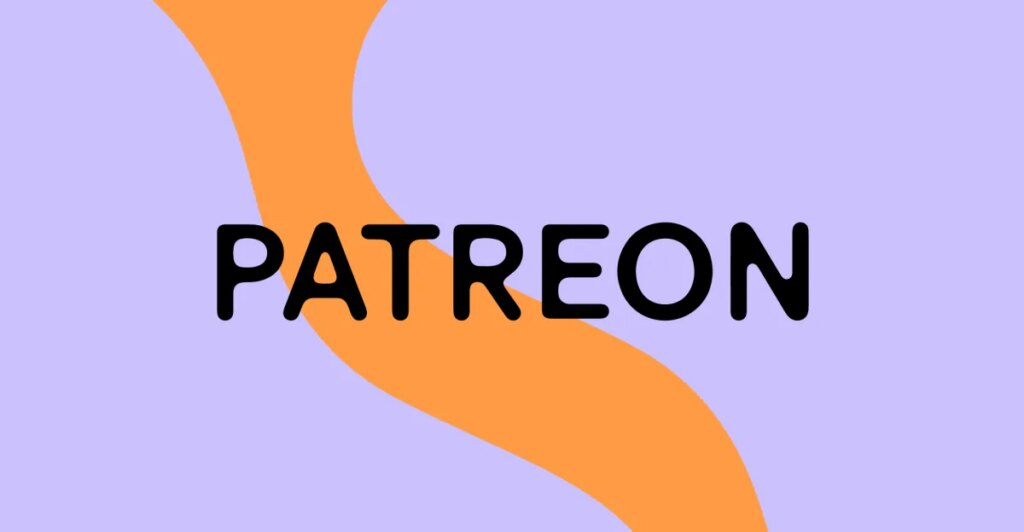Patreon is introducing a set of latest options, and a few of them are harking back to conventional social media platforms.
The obvious callback is one thing Patreon is asking Quips, which — you guessed it — are basically tweets. Quips are smaller textual content, photograph, or video posts which are public by default and open for anybody to touch upon, not like premium content material behind a paywall that Patreon made its identify on. The concept is that Quips can entice would-be subscribers by providing them a sneak peek at paid content material.
The platform can also be including methods for creators to cross-pollinate their audiences. First, content material creators will have the ability to collaborate on posts in order that each teams of followers see them, just like options on platforms like Instagram and TikTok. Patreon will even add to its current suggestion system that customers see and push creators when there may be viewers overlap between content material creators. Followers could have the choice to view content material solely from creators they observe, Patreon says. The corporate is opening up a waitlist on Monday for creators to request early entry to the options. Sooner or later, the platform will take a look at different person controls like a “not ” button for posts, creator @ mentions, and a folder with saved content material collected.
Patreon in current months has poached a handful of high-profile writers from its rival Substack, together with Anne Helen Petersen, the writer of the favored Tradition Research e-newsletter. At this level it looks like there are mini-Substack exoduses occurring day by day for a wide range of causes: an absence of tech help, the pivot to the Substack app and tweet-like Notes, and naturally the ecosystem of neo-Nazi content material hosted on the platform. Some customers and creators have complained about Substack’s straying away from its e-newsletter focus, particularly as a result of the unique promise for writers was that they’d not need to struggle social media algorithms to get their work to readers.
Patreon, too, has emphasised creator-to-fan relationships as an antidote to fickle social media algorithms that giveth and taketh away. However creators additionally need to develop their audiences, and that requires getting in entrance of latest individuals. Patreon might want to discover a stability the place the platform can help rising fan bases — with out it feeling like an entire new algorithm that creators need to crack.
{content material}
Supply: {feed_title}

